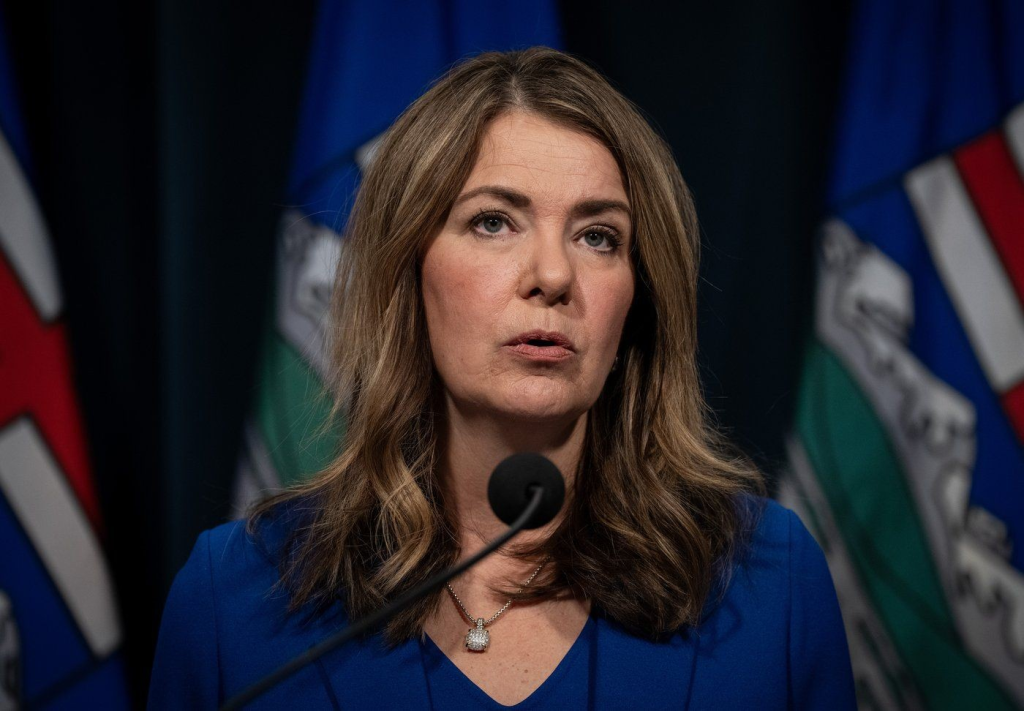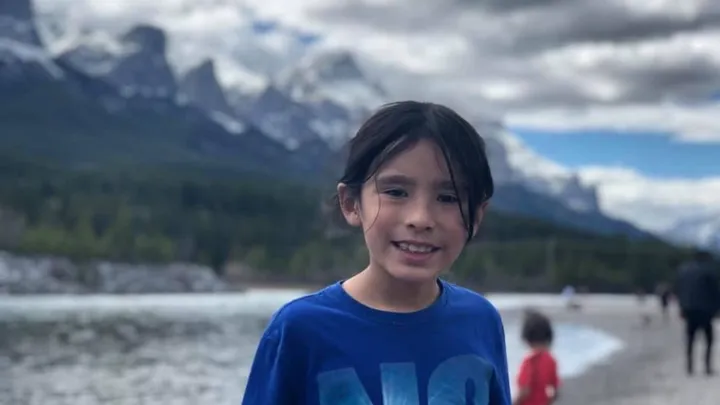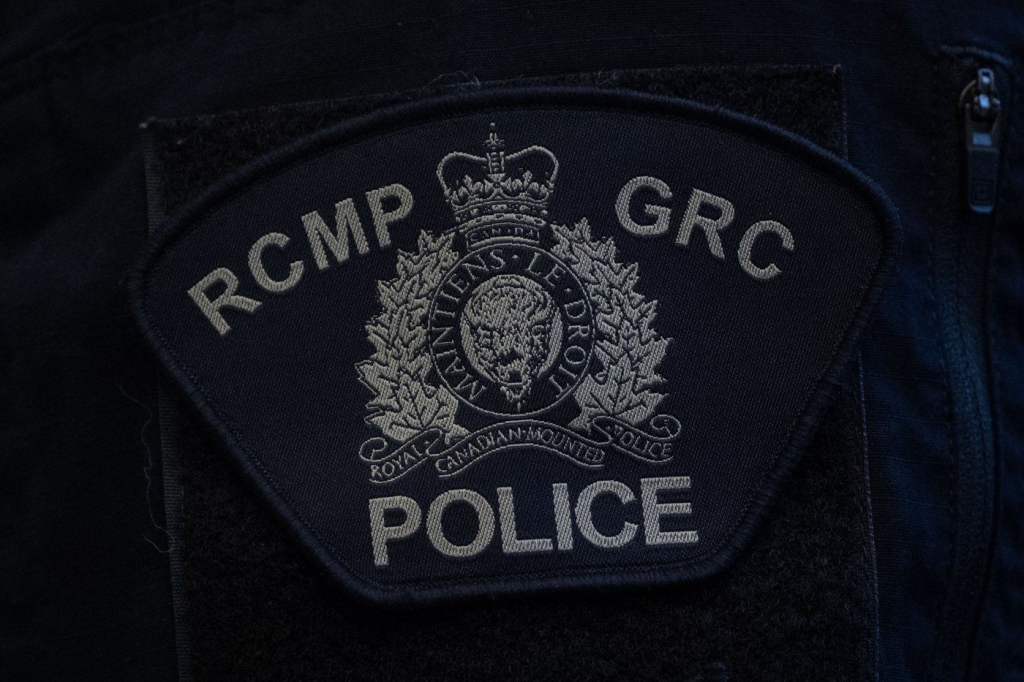Reflecting on past and present health inequities for Indigenous Canadians
Posted September 30, 2021 7:41 pm.
EDMONTON – The search for unmarked graves goes beyond former residential schools, but also so-called “Indian hospitals” like the Charles Campsel site in Edmonton.
Largely racially segregated sites used to treat tuberculosis, separated the ill thousands of kilometres from their families.
“Many of the patients were from the north, from Nunavut, and they would be there for years,” said Dr. Alika Lafontaine, the president-elect of the Canadian Medical Association.
READ MORE:
-
A look at the horrors inside Alberta residential schools
-
National T&R Day a step in the right direction, says Orange Shirt Society
-
Indigenous suffering just not in the past, issues persist today: activist
On the first National Day for Truth and Reconciliation, Lafontaine is reflecting on past, and present, pandemic health inequities for Indigenous Canadians.
“There were decisions historically where we just chose not to create health infrastructure in a place where Indigenous Peoples could easily and readily access it,” he said.
Working as an anesthesiologist in Grand Prairie, Lafontaine notes how Indigenous communities often have a different standard of care.
He points to how remote work camps will often be required by government health and safety to have a 24/7 doctor or nurse, and a plan for evacuation.
But a First Nations community next door would need to travel, sometimes for hours, for basic care for things like diabetes and pregnancy, as well as emergencies.
WATCH: CityNews’ Carly Robinson sits down with CMA president-elect Dr. Alika Lafontaine to discuss past and present health inequities for Indigenous Canadians.
“These are really the choices that we make,” Lafontaine said.
“And I think the pandemic has really taught us that the choices that we make have very short, and long term, consequences, be it surge capacity, has really accelerated these lessons in a way we are learning them in real-time.”
As the first Indigenous doctor elected to lead the CMA, Lafontaine is hopeful that room is being made to talk about health inequity and racism within the system, and often, solutions are already in front of us, to make the system better for everyone.
“In Indigenous communities, we talk about protocols, and there’s that common saying that ‘the truth sets us free,’ but I think when you are talking about truth and reconciliation, the truth binds us together.
“So, it’s not about just being free, it’s about developing relationships together, and seeing the world as it really is so that we can solve the problems that we have.”








